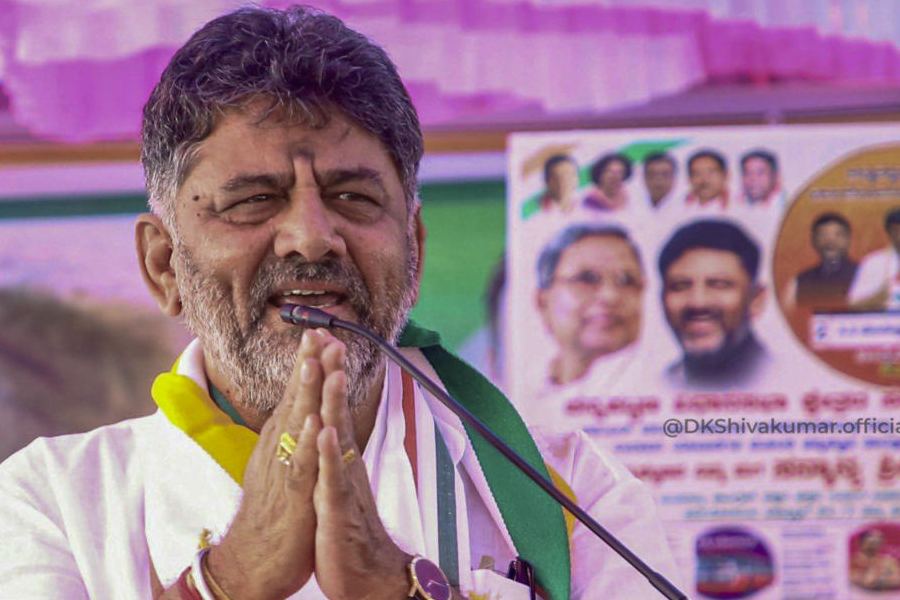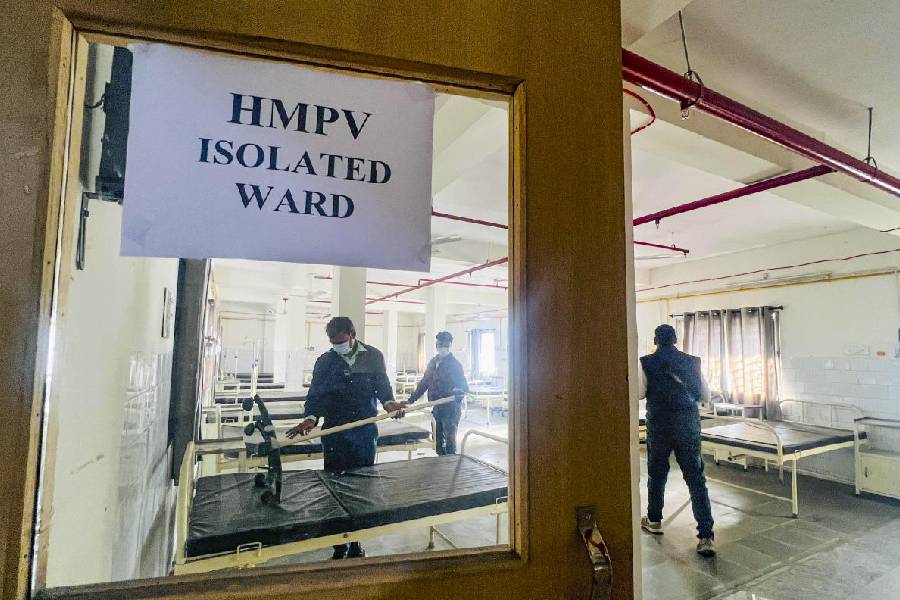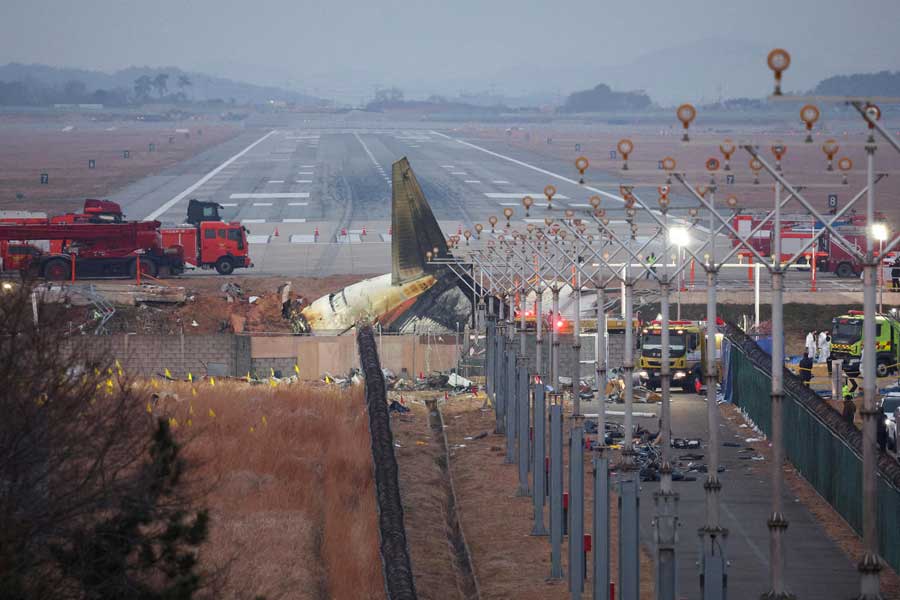Even as the world’s focus remains riveted on the escalating tensions between the United States of America and Russia over Ukraine, Washington unveiled a new strategy for the Indo-Pacific region last week that will draw New Delhi’s attention. The first such document issued by the administration of President Joe Biden, the strategy places India at the centre of Washington’s efforts to contain China’s rise. A fact-sheet on the new approach, released by the White House, lists “supporting India’s continued rise and regional leadership” as a key ingredient. This should be welcomed — with a dose of caution. No diplomatic relationship today matters more to India than its ties with the US, one of its biggest trade partners and a key source of military and high-tech equipment. The world’s two largest democracies share concerns about Beijing’s growing belligerence, especially in its neighbourhood. They are working with other major nations, through military exercises and diplomatic fora like the Quad which also includes Japan and Australia, to offer an alternative to China’s model for smaller countries in the region.
Yet, India must remember that the best embraces are those that are not so tight that they become suffocating. Events over the past few years have repeatedly underscored how traditional alliances have weakened. European allies like France and Germany clearly do not see eye to eye with the US on relations with Russia. And the US blindsided France by quietly killing a deal Paris had struck with Canberra to supply submarines, offering its own alternatives instead. Meanwhile, Russia — for decades among India’s most steadfast partners — now counts China as its most valuable friend. Russia is also flirting with Pakistan. Given this background, it was refreshing to see India’s external affairs minister, S. Jaishankar, deftly juggling New Delhi’s interests at a meeting of the Quad’s foreign ministers recently. He joined his counterparts from the US, Japan and Australia in criticizing China without naming the country, but calmly sidestepped questions on Russia. It is clear that India was also instrumental in ensuring that the Quad’s statement after that meeting did not criticize Russia. That balancing act is not easy, but few countries know how to do it as well as India does. Today, non-alignment is often treated as an outdated relic of a bygone era. Mr Jaishankar prefers to describe India’s strategy as ‘multi-alignment’. Whatever it is called, New Delhi must keep its options open. True friends will understand.











